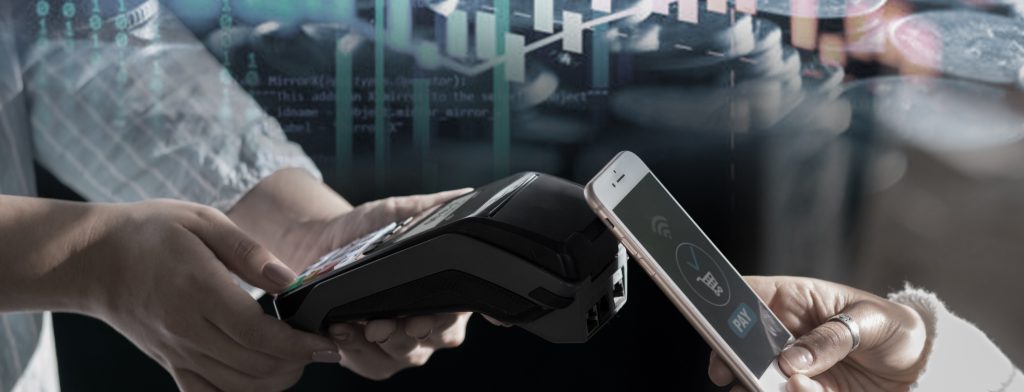
Digital wallet users encouraged to practice cyber hygiene
Filipinos have learned to embrace digital payments out of necessity because of the COVID-19 pandemic. A 2021 study by Visa Consumer Payment Attitudes shows that about 60 percent of Filipino consumers now carry less cash in their wallets and 84 percent have tried going cashless—reflective of how the pandemic and the consequent lockdowns have sped up digital adoption.
Among the preferred payment options were: mobile wallets; card payments online; card payments at physical merchants; and QR (quick response) code payments. However, the use of online transactions has also opened the process to the possibility of cyberattacks and online scams.

The increase in cyberattacks around the world has interrupted businesses and government operations, and often led to massive ransomware payouts and damaged corporate reputations. The need for cyber hygiene has become more urgent as a key method for creating operational resilience.
Cyber hygiene is a set of habitual practices for ensuring the safe handling of critical data and for securing networks. It’s like personal hygiene, where you develop a routine of small, distinct activities to prevent or mitigate health problems.
The Department of Trade and Industry (DTI) and the Bangko Sentral ng Pilipinas (BSP) are encouraging merchants and consumers to cultivate a culture of cyber hygiene in the responsible use of digital wallets or e-wallets for cashless transactions.
DTI Assistant Secretary Mary Jean Pacheco emphasized during DTI’s Konsyumer At Iba Pa program in DZBB on Saturday, Nov. 18, that while BSP-regulated digital wallets are safe to use, users should be more careful in handling their e-wallet accounts.
For her part, BSP Payments Policy and Development Director Atty. Bridget Rose Mesina-Romero shared that BSP is making a lot of efforts to promote secure digital payment platforms, stressing the importance of consumer awareness in the responsible use of digital services.
Particularly, she highlighted the BSP’s Digital Financial Literacy program that educates consumers on the proper use of digital services to prevent scams and other fraudulent activities.

Digital payments include transaction history and other service features for easier access and tracking of transactions.
In encouraging the responsible use of e-wallets, the BSP conducts financial literacy sessions, cyber hygiene talks and lectures on cybersecurity. The cyber hygiene habit are practices and steps that users of digital devices and financial services take to ensure online security, among others.
Under the program, the BSP reminds users to do the following: refrain from entertaining suspicious messages or links; enable verification processes set by e-payment platforms; create strong passwords while keeping them private; and report immediately any suspicious alerts.
Digital payments include transaction history and other service features for easier access and tracking of transactions.
In encouraging the responsible use of e-wallets, the BSP conducts financial literacy sessions, cyber hygiene talks and lectures on cybersecurity. The cyber hygiene habit are practices and steps that users of digital devices and financial services take to ensure online security, among others.
Under the program, the BSP reminds users to do the following: refrain from entertaining suspicious messages or links; enable verification processes set by e-payment platforms; create strong passwords while keeping them private; and report immediately any suspicious alerts.











